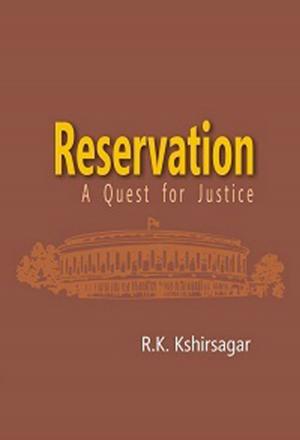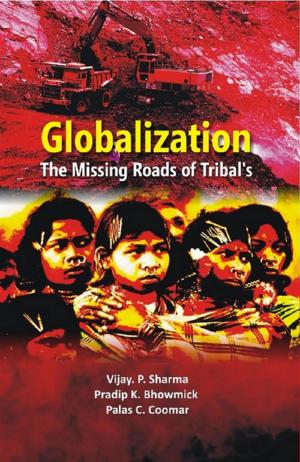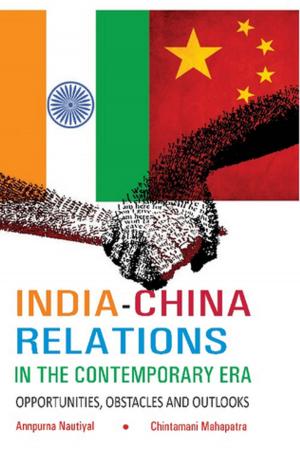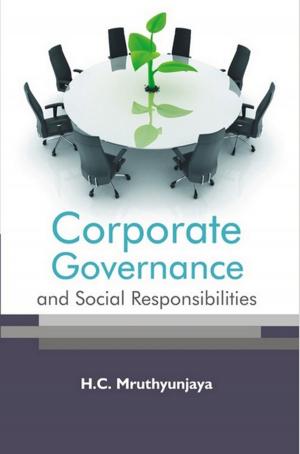| Author: | Saroja Dr. Sundararanjan | ISBN: | 9789351288329 |
| Publisher: | Kalpaz Publications | Publication: | June 30, 2010 |
| Imprint: | Kalpaz Publications | Language: | English |
| Author: | Saroja Dr. Sundararanjan |
| ISBN: | 9789351288329 |
| Publisher: | Kalpaz Publications |
| Publication: | June 30, 2010 |
| Imprint: | Kalpaz Publications |
| Language: | English |
Kashmir Crisis: Unholy Anglo-Pak Nexus, painstakingly researched and documented, provides an exhaustive study of the history of the crisis from 1947 to 1971. The initial Chapters speak of the splendour of Hindu Kashmir, its brilliant contribution to the cultural integration of India since time immemorial; and the forcible conversion of the Hindu population to Islam starting from the beginning of the fourteenth to the mid-nineteenth century by which time nine-tenths of the Hindus had become Muslims making Kashmir a Muslim majority State. The book then proceeds to present a connected and cogent account of the ghastly events that rocked Kashmir for about a quarter of a century following her accession to India in October 1947. Britain throughout played a partisan role not only when India took the matter to the UN but also in the wars of 1947 and 1965. With conviction and clarity, the author traces the role of Britain in the Indo-Pakistan dispute on Kashmir, which was neither fair, nor honest, nor ethical. In all her acts of aggression including the unprovoked wars against India to undo the accession of Kashmir to her, Pakistan had the full cooperation and the support of Britain both openly and clandestinely. To add insult to injury, Britain chose to maintain an ominous silence over Pakistan's illegal annexations of Indian territories in Kashmir, which were named 'Azad Kashmir' and which became a hotbed of intrigue and treachery. Until the late 1960s, Britain's policy on the Kashmir crisis was to make Pakistan, the aggressor, a beneficiary at the expense of India.
Kashmir Crisis: Unholy Anglo-Pak Nexus, painstakingly researched and documented, provides an exhaustive study of the history of the crisis from 1947 to 1971. The initial Chapters speak of the splendour of Hindu Kashmir, its brilliant contribution to the cultural integration of India since time immemorial; and the forcible conversion of the Hindu population to Islam starting from the beginning of the fourteenth to the mid-nineteenth century by which time nine-tenths of the Hindus had become Muslims making Kashmir a Muslim majority State. The book then proceeds to present a connected and cogent account of the ghastly events that rocked Kashmir for about a quarter of a century following her accession to India in October 1947. Britain throughout played a partisan role not only when India took the matter to the UN but also in the wars of 1947 and 1965. With conviction and clarity, the author traces the role of Britain in the Indo-Pakistan dispute on Kashmir, which was neither fair, nor honest, nor ethical. In all her acts of aggression including the unprovoked wars against India to undo the accession of Kashmir to her, Pakistan had the full cooperation and the support of Britain both openly and clandestinely. To add insult to injury, Britain chose to maintain an ominous silence over Pakistan's illegal annexations of Indian territories in Kashmir, which were named 'Azad Kashmir' and which became a hotbed of intrigue and treachery. Until the late 1960s, Britain's policy on the Kashmir crisis was to make Pakistan, the aggressor, a beneficiary at the expense of India.















